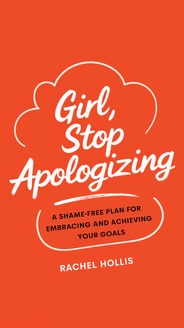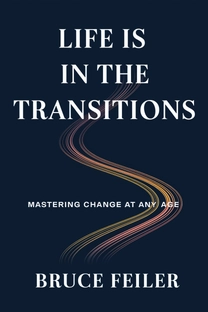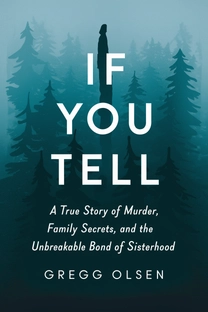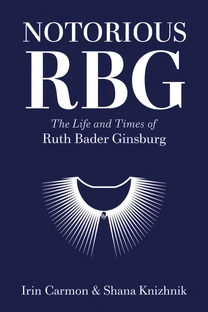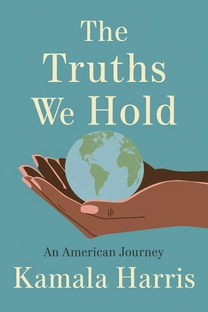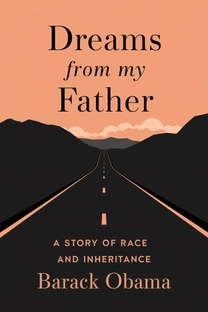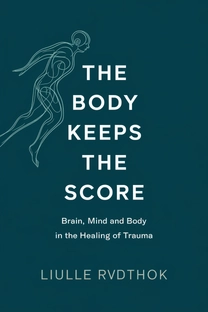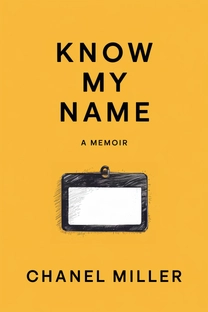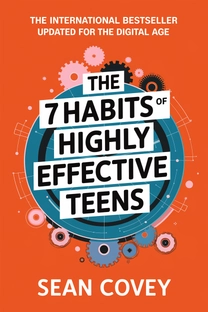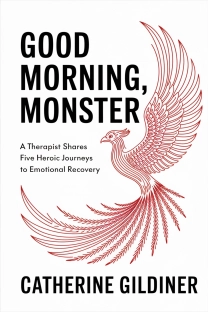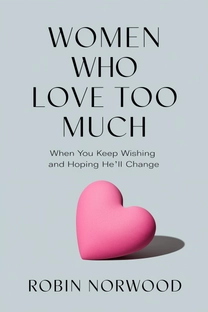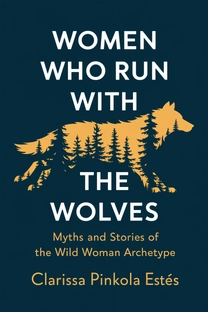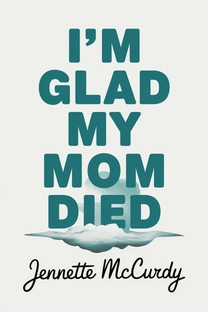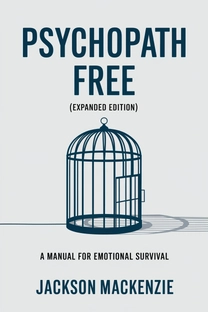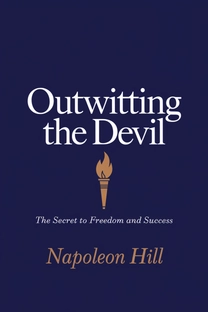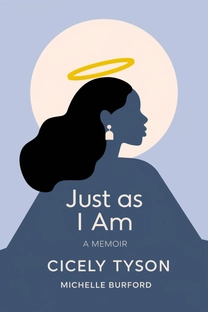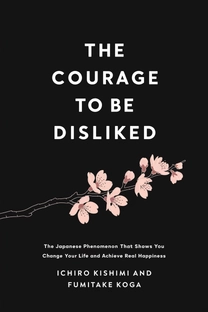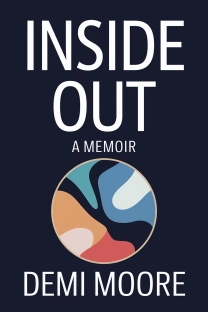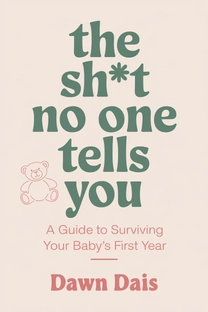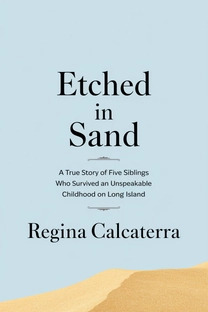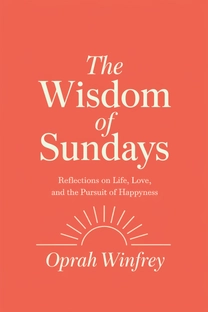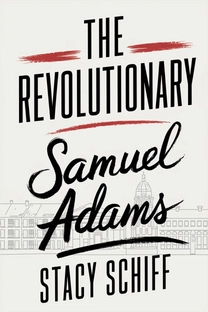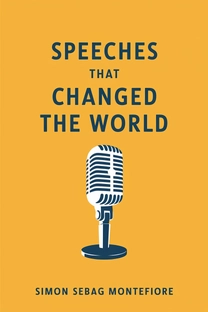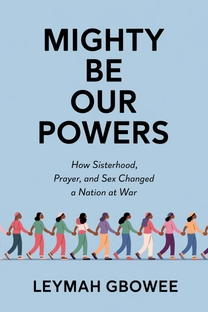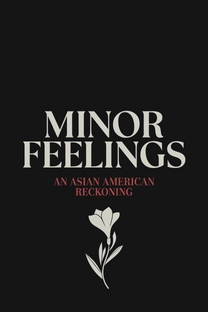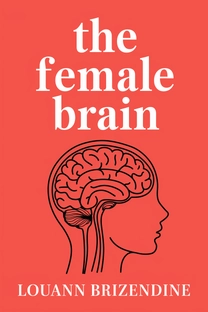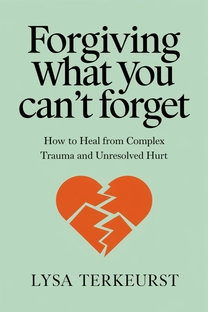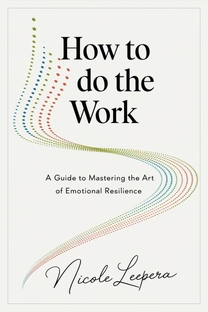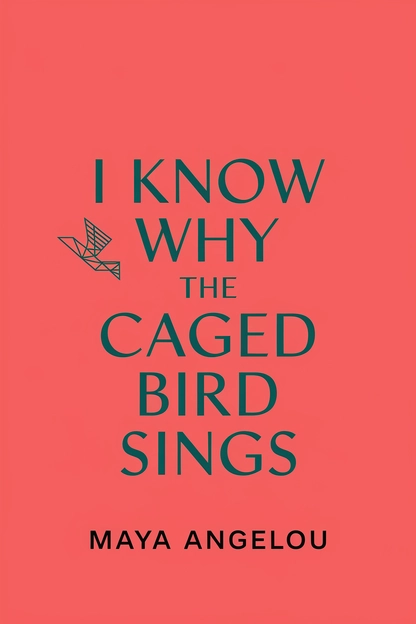
I Know why the Caged Bird Sings
An Autobiography of Overcoming Racism and Trauma With Literature
by Maya Angelou
Brief overview
This book follows a young girl who grapples with separation from her parents, faces racial injustice, and endures personal struggles while growing up in the segregated American South. Through perseverance, self-acceptance, and a deep love of literature, she ultimately discovers her inner strength. Readers should expect an intimate coming-of-age story marked by trauma, resilience, and the power of self-expression.
Origins and Childhood
The story begins with a young girl sent to live with her grandmother in a small Southern town. Early on, she feels a sense of displacement, torn between her absent parents and the strong matriarch who becomes her guardian. Despite these difficult circumstances, the grandmother’s love and discipline provide a sense of stability in a confusing world.
In the heart of a segregated community, the local store owned by her grandmother doubles as a family home and a neighborhood hub. She witnesses firsthand how African Americans survive economically and socially, relying on communal support under the weight of racial discrimination. This environment shapes her understanding of injustice at an early age.
Shy and observant, she starts to adopt resilience as a second nature. Watching cotton pickers come and go, she notices their exhaustion, but also their camaraderie. Even though she is just a child, she feels the limitations set by the color line, yet she also notices small acts of everyday kindness that spark hope.
Her older brother remains her closest ally, a source of comfort and playful banter. Together, they share vivid imaginations, forging a secret world to counter tough realities. These sibling bonds will carry her forward and buffer many of life’s later challenges.
Encountering Injustice
When the children visit their mother in St. Louis, the city atmosphere contrasts sharply with their rural upbringing. The hustle of urban life shows them a different set of social rules and behaviors, yet racism and inequality remain just as pervasive, only in subtler forms.
She experiences a tragedy in this new environment—traumatic abuse by a trusted adult. This painful event impacts her deeply, fracturing her sense of safety and even her speech. The trauma seeps into her self-esteem, wrapping her in guilt, shame, and silence.
Despite supportive family members, she retreats inward, feeling that words have dangerous power. This period of muteness becomes a defining moment, testing her will to cope and adapt. The heartbreak echoes through her relationships, sowing confusion about trust.
Later, forced by circumstances, she returns to her grandmother. The silent child navigates the old rhythms of country life with a new layer of pain. She senses pity from the adults around her yet cannot find the words to explain or process her feelings.
What is I Know why the Caged Bird Sings about?
I Know Why the Caged Bird Sings by Maya Angelou is an autobiographical journey that explores the shaping forces of childhood in the segregated American South. Through vivid recollections and poignant storytelling, it reveals how personal strength can arise amidst adversity. The narrative examines the effects of racism, family displacement, and abuse, showing readers how resilience and a deep love of literature guide the search for identity.
As readers follow the protagonist’s formative years, they witness a young person wrestling with belonging and self-worth when facing a hostile world. Yet the memoir offers more than heartbreak: it provides a testament to the enduring power of words and community bonds. Angelou’s reflective voice transforms painful experiences into a story of empowerment, ultimately underscoring the significance of hope and self-expression.
Review of I Know why the Caged Bird Sings
This book’s greatest strength lies in Angelou’s ability to remain candid without losing warmth in her prose. She provides a multi-layered expression of life during segregation, weaving universal themes of self-discovery alongside her experiences of injustice. The practical takeaway is that reading and sharing personal stories can pave paths to healing. Her textured descriptions of setting and character guide readers toward a deeper understanding of both racial inequity and the role of communal support in personal growth.
Angelou’s writing style is direct yet melodic, making it accessible to a broad audience. Those interested in autobiographical narratives, social history, or literary reflections on trauma will find it relevant. In the end, the book stands as a lasting example of how courage can emerge from hardship. Anyone seeking an honest look at perseverance and self-discovery should add this timeless memoir to their reading list.
Who should read I Know why the Caged Bird Sings?
- Readers seeking a deeper understanding of racial injustice in American history
- Memoir enthusiasts who appreciate candid reflections and personal growth
- Students, educators, and academics analyzing literary depictions of trauma
- Individuals interested in how literature fosters introspection and healing
- Fans of classic American writing looking for a significant work by a major author
About the author
Book summaries like I Know why the Caged Bird Sings
Why readers love Mindleap
10-Minute Book Insights
Get the core ideas from the world's best books in just 10 minutes of reading or listening.
Curated For You
Discover your next favorite book with personalized recommendations based on your interests.
AI Book ExpertNew
Chat with our AI to help find the best book for you and your goals.
Reviews of MindLeap
Love how I can get the key ideas from books in just 15 minutes! Perfect for my busy schedule and helps me decide which books to read in full.
Alex R.
The summaries are incredibly well-written and the audio feature is perfect for my commute. Such a time-saver!
Jessica M.
Great app for personal growth. The insights are clear and actionable, and I love how they capture the essence of each book.
Chris P.
The app is beautifully designed and the summaries are top-notch. Definitely worth every penny!
Sarah K.



